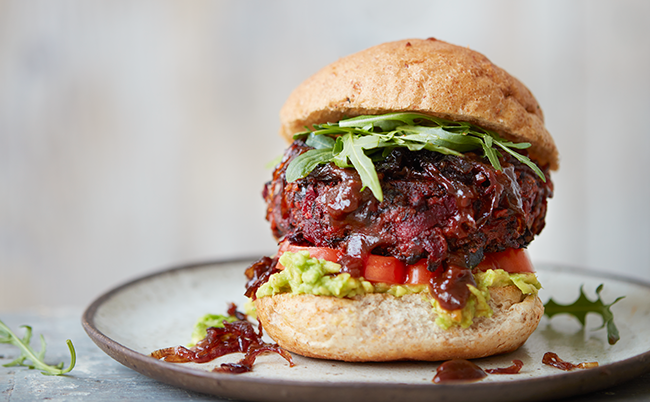Small Organisms Instead of Big Cows: Formo Discusses Benefits of Microfermentation to Create Animal-Free Cheese and Eggs – vegconomist

They taste like cheese, but are produced without the milk of cows. They are completely vegan, but have a much higher protein content than their plant-based counterparts. We are talking about Formo products.
Formo’s microorganisms can perfectly recreate cow proteins such as whey or casein, or make entirely new proteins. A study published last year regarding consumer demand for animal-free cheese in the UK conducted by Formo in collaboration with the University of Saskatchewan in Canada revealed that at price parity, animal-free cheese has the potential to share 33% of the UK cheese market.
Moreover, figures suggest that if demand grows and technologies improve, the market share could increase significantly, and such products could become mainstream. A further study from early 2024 also found that German consumers are open to trying these alternatives, despite being vastly unaware of their necessity.

High yields without genetic engineering
At the Bremerhaven Food Forum, which took place in the port city on 27 and 28 May 2024, Formo‘s food technologist Dr Monika Brückner-Gühmann explained how the startup produces proteins using microfermentation.
Greenhouse gas emissions from livestock farming, the use of antibiotics in animal husbandry, the desire for an independent food supply; the reasons for advocating alternative proteins are manifold, explained Dr Monika Brückner-Gühmann. In addition, the “macroorganism animal” has slowly reached its maximum. “The yield can no longer be greatly increased. Now we come to microorganisms” says the scientist. “These produce proteins that we use for our products.”
No genetic engineering is used in microfermentation. Instead, Formo uses microorganisms that already exist in nature and produce proteins without ever having interfered with their genome, explained Brückner-Gühmann.

No need to go through the cow
The microorganisms, for example, yeasts, fungi or algae, are fed with nutrients such as carbohydrates and nitrogen and produce proteins in a kind of broth in a fermenter. These are then filtered or centrifuged out.
The young Berlin-based company, which also has a site in Frankfurt, produces a kind of milk from the proteins obtained in this way. “We ferment this and obtain the curd, just like in a traditional cheese dairy. Depending on how hard you press it, this can result in a product with either the consistency of cream cheese or a firmer semi-hard cheese,” she described. In addition to cheese alternatives, the protein is also suitable for egg alternatives.
Compared to milk production via the cow, this process has a far better conversion rate, the food technologist explained. While only around ten percent of the nutrients absorbed by a cow end up in the milk, this is significantly higher with microorganisms and can even reach 80 percent, explained Brückner-Gühmann. “We don’t need to go through the cow. We put the feed straight into the fermenter,” says Brückner-Gühmann.

Testers had no idea it was vegan
In addition, the Formo end product eliminates many of the problems associated with traditional milk: “For example, we don’t use any hormones, lactose or cholesterol,” emphasised Dr Monika Brückner-Gühmann. However, the advantages of the animal product remain.
“In taste tests, consumers did not have the impression that they were eating something vegan,” she explained. Compared to the plant-based competition, Formo products could also score points with their high protein content. They can also be processed in the kitchen like animal cheese.
Up to 100 kilograms can be produced in the pilot plant in Berlin so far, the scientist reported. In addition, the company is working together with contractors, which is why the production volume can be ramped up quickly. There are also no legal obstacles: ‘We are not subject to the Novel Food Regulation,’ she clarified.
Formo plans to launch its alternatives for feta, fresh, blue and white cheese on the market in 2024. Further information: formo.bio




